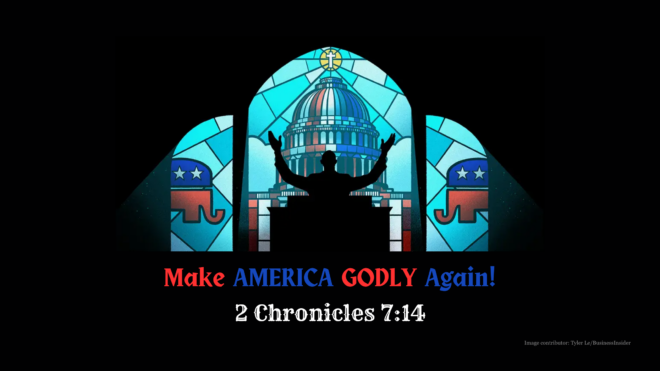Newgeography.com, one of my favorite sites, has deviated from its usual agenda to post this post on what I have called the “donorcracy.” The pursuit of money is more important to every person pursuing electoral office than the pursuit of votes. I don”t know who to blame for this; the nature of technology and modern media, the character of the voting public who will respond to the kind of ads that this money buys, or whatever. Social conservatives in the 80s and 90s, and the Left now through the Internet, have sometimes been able to organize small donor campaigns which from time-to-time partly dilute the influence of the donorcracy. But pollsters should do polls of the donorcracy as well as of the electorate; for these purposes I define a “donorcrat” as any one who gives sufficient money that a politician would desire to converse with him personally. The public at large, I suspect, takes positions that are socially to the right, and economically to the left, of the donorcrats.
One tool that has been occasionally useful [in California or the other states that use it] is the initiative and referendum; this too has its problems. Notably, it takes an eccentric or rebel donorcrat [or two or three] to fund the signature gathering. It is interesting that at least on Wall Street, the Republicans” attempt to become the “party of the rich” has not succeeded, and Wall Street and even more Silicon Valley and Hollywood have more clout in the Democratic Party than in the Republican one. And certain groups such as, particularly, the public sector unions, are very much part of the donorcracy, even though their individual members are very far from being part of the “one per cent.” Though I dislike most of what the public sector unions support, it is not entirely a bad thing that political “wealth” and financial wealth are, while overlapping, not precisely identical. The rich are much less oppressed than the poor by all odds, but highly progressive taxation [which there”s less of now] and outrageous jury verdicts [which are outside the electoral system] are means of oppressing the rich. It would be more profitable to oppress and exploit the rich, but they are generally too strong to allow that, so on most fronts we exploit the poor instead.
This may mean that politics is becoming more like culture, from which politics proceeds. Culture, as James Davison Hunter points out in his famous work To Change the World, is not a popular democracy for the most part. And, worse, donorcracy pushes us back toward what Francis Fukuyama has called “patrimonialism.” Donorcracy trumps ideology in all parties, as illustrated when all but six of the supposed party of small government in the California legislature voted to uphold “redevelopment” while the Governor was able to get all of the party of big government to shut down what is clearly to common sense a “big government” program par excellence. I for one find it very hard to be optimistic about the future.
Related: “ Suppressing the News: The Real Cost of the Wall Street Bailout” by Susanne Trimbath at NewGeography.com



